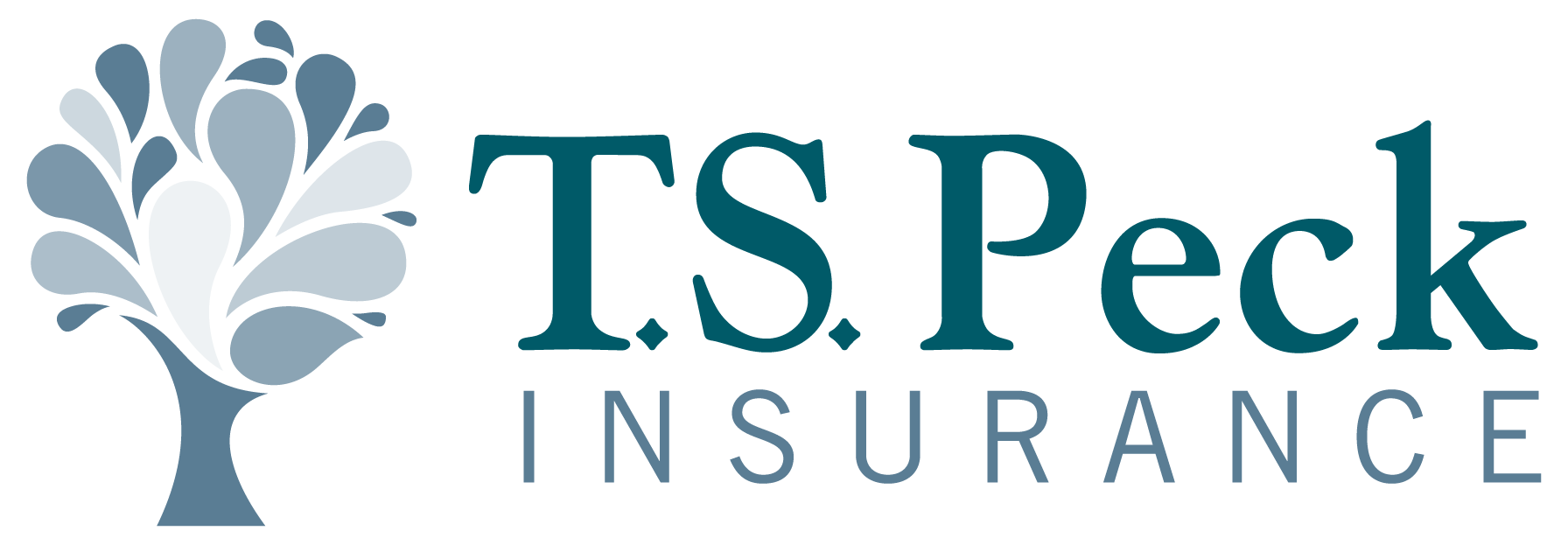Why Are My Nationwide Insurance Rates Increasing?
Insurance rates are increasing across the board as inflation and other factors force insurers to raise their premiums. You’ve undoubtedly noticed this if you’re with Nationwide, as they’re often reviewing both new and renewing policies more closely. Here’s a look at why Nationwide rates are increasing, what Nationwide is doing about it, and what you can do too.

Why is Nationwide raising insurance rates?
Nationwide is far from the only insurance company that’s raising insurance rates. There are several reasons driving rate hikes across the industry, including in both auto insurance and homeowners insurance policies.
Some factors primarily affecting auto premiums include:
- People driving more miles annually
- People filing more collision claims
- Vehicle repair costs increasing
- Medical costs for injuries increasing
Some factors affecting homeowners premiums include:
- Rising material costs for repairs
- Rising labor costs for repairs
- More large natural disasters
Of course, these factors are impacting rates of other policies too. Vermont residents tend to notice the increases in auto and homeowners the most, however, as these are widespread policies that can cost more than others.
Nationwide’s rate increases aren’t the highest
As much as Nationwide customers are undoubtedly paying more, Nationwide actually hasn’t increased rates as much as some other insurance companies. The national average for Nationwide’s auto insurance rates have gone up 8.8% so far in 2023, 18.9% in 2022-2023, and 29.5% since 2018.
That 29.5% is no small amount, especially considering how much auto premiums can be to start with. It’s certainly not as much as the 5-year increases that American Family Insurance (42.%), Farmers Insurance (50.2%), or even USAA (35%) have instilled from 2018-2023.
That’s not to say Nationwide’s rate increases aren’t a substantial burden, as an 18.9% 2-year increase is no small amount when the pieces of almost everything are increasing. It’s not just rate increases that Nationwide is using to address the factors leading to higher claim payouts, though.

Nationwide is requiring more documentation in some states
Nationwide has also begun requiring more documentation in some states where catastrophic weather events have been especially devastating. For example, additional documents are often required of new customers in Georgia.
Additional underwriting requirements, obviously, may help Nationwide more accurately assess and better manage their risks. They could have another effect, though.
An insurance CEO who’s not with Nationwide said that the company is likely looking at a 7-day turnaround for underwriting new policies when additional documents are required. With many customers expecting policies to be underwritten quickly, often the same or next business day, this longer underwriting process could lead to fewer people taking out new Nationwide policies.
This change isn’t necessarily focused on Vermont, but residents throughout the state could see their policy applications and renewals scrutinized more than they have been in past years.
Nationwide has seen major claim payouts
These new actions come as Nationwide has seen major claim payouts in 2023. One Nationwide agent in Atlanta said that the company had already paid out its entire 2023 storm damage budget by May.
That agent didn’t make clear whether they were discussing the company’s national or Georgia-specific budget, but claims payouts have been especially high at times even in Vermont. Just in 2023, flooding devastated many properties throughout Central Vermont.

Compare policies with an independent insurance agent
If you’re with Nationwide and have been notified of a rate increase, find an independent insurance agent who can help you compare policies. A good independent agent will be able to look at policies from several insurance companies, often including Nationwide along with others. This makes it easy to find out how much each insurer will charge for the specific auto coverage, homeowners coverage or other insurance you need.

